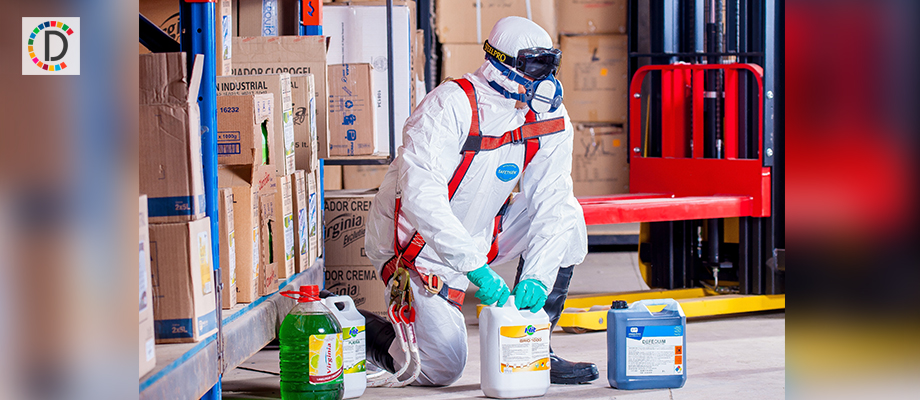Canada Omicron infections past peak, hospitalizations rising- health official
Canada has moved past the worst of the Omicron variant of coronavirus on some parameters, but Canadians still need to be prudent as hospitalizations were continuing to rise, the country's top health official said Friday. Omicron infections started spreading rapidly last month, taking over the dominant variant designation from Delta and forcing authorities to impose restrictions on businesses and social gatherings.

Canada has moved past the worst of the Omicron variant of coronavirus on some parameters, but Canadians still need to be prudent as hospitalizations were continuing to rise, the country's top health official said Friday.
Omicron infections started spreading rapidly last month, taking over the dominant variant designation from Delta and forcing authorities to impose restrictions on businesses and social gatherings. Multiple indicators, including daily case counts and test positivity rates, now suggest that Omicron infections have peaked nationally in Canada, chief public health officer Theresa Tam told reporters at a briefing.
"Getting to perhaps the peak is one thing but coming down the other side of the wave includes a lot of people could get infected, and some of them could potentially be infected with BA.2," Tam said, referring to a subvariant of the Omicron coronavirus variant that has been recorded in some European countries. Canada has detected over 100 cases of BA.2, which does not have the specific mutation seen with Omicron that can help to easily distinguish it from Delta, but the main Omicron variant was still behind the vast majority of COVID-19 infections.
While the seven-day average case count dropped 28% as of Wednesday, compared with the week earlier, hospitalizations due to COVID continued to increase during the same period and over 1,200 patients were getting treated in intensive care units on average daily. "Presently lagging indicators are still rising ... this is why it continues to be important to limit spread as much as possible," Tam said.
(This story has not been edited by Devdiscourse staff and is auto-generated from a syndicated feed.)
ALSO READ
Bridging Divides: Canada and China's Renewed Cooperation
Turning the Tide: Canada and China's New Diplomatic Chapter
Commonwealth Gathering Reaffirms India-Canada Democratic Bonds
Mark Carney Reignites Canada-China Relations with Strategic Talks
India-born Dilpreet Bajwa to Captain Canada at the T20 World Cup










